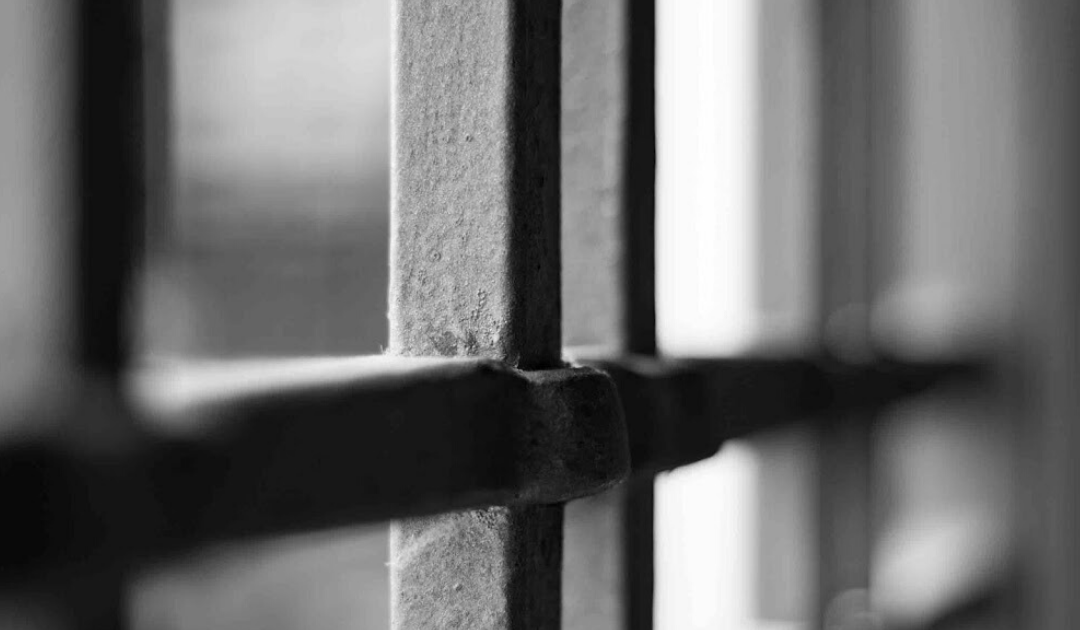Prison suicide is a common cause of death throughout Pennslyvania. The rate of suicide is higher in prison populations than in the general population. In some cases, people who have never shown signs of being suicidal become suicidal while serving time in prison. Mental health issues, medical issues, and a lack of purposeful activity can all contribute to suicidal thoughts.
The stress involved in adjusting to incarceration can also contribute to suicidal thoughts. If one of your loved ones is serving time in prison, it is important to offer him or her support. Providing support can be challenging, especially from far away. However, engaging in simple acts will let your loved one know that you care. Following these steps will help your loved one serve their sentences and reintegrate back into society when their sentence is done.
When is Suicide in Prison Most Likely?
Most prison suicides happen under the following conditions:
- When prisoners are living in segregated or isolated cells
- When observation by guards is light or non-existent
When most people think about suicide by hanging, they think about someone hanging from a ceiling. However, prisoners can fashion ligatures from shoelaces, clothing, or sheets and hang themselves from their bed frame, only a few inches away from a supportive surface or the floor. After strangulation, stabbing and self-cutting are the next most common methods for committing suicide in prison. Self-stabbing and cutting can cause fast blood loss that leads to death before prison guards become aware of the situation.
How Common is Suicide in Jails and Prisons?
The U.S. Department of Justice conducted a National Study of Jail Suicide in 2010. The report concluded that suicide is a leading cause of death among inmates in jails and prisons. The suicide rate in county jails across the country is several times greater than the general population. In 2006, detention facilities had a suicide rate of 36 suicides per every 100,000 inmates. This percentage is three times higher than that of the general population. The suicide rate in jails has decreased since 1987, however. The report suggests that perhaps the following circumstances led to a reduction in suicides:
- Increased awareness of suicides in jail
- Better suicide prevention training available to staff
- Intake processes that are more in-depth regarding suicide risk factors
- Litigation of jail suicide has pressured jail administrators to take better corrective actions
- The realization that “inmate suicides cannot be prevented” is not accurate or true
How to Support Your Loved One Who is in Jail
One of the best ways to support your loved one who is in jail is to communicate with them. Write letters as often as possible. Receiving letters from family members can help prison inmates feel connected to the outside world and help them avoid getting tunnel vision. Consider including the following positive messages in your letters to your incarcerated loved one:
- Tell your loved one funny stories about your life that will put a smile on his or her face
- Write down encouraging and uplifting quotes in the letter
- Include inspirational stories of other people in the outside world
- Include inspirational stories from newspapers
- Mention that you are not judging your loved one, but are thinking about them and supporting him or her from afar
- Ask the inmate questions that they can respond to in their next letter
- Share stories and updates about family members, kids, etc.
- Include crossword puzzles or games in your letters
Visit Your Loved One as Often as Possible
Receiving visitors is a major event that many prisons look forward to all week. Simply seeing a loved one’s face can help an inmate connect to a sense of purpose and the outside world. Receiving regular visits from loved ones can help prisoners fight off depression. Before visiting, create a mental list in your head of positive stories and topics to discuss with your loved one. Try to focus on positive topics and not topics that could lead to disagreements or fights. Some prisons allow photo taking for a small fee. If possible, pay the fee so that your loved one can keep the picture of your visit to lift his or her spirits.
Check Up on Your Loved One’s Medical and Mental Health Status
In many cases, inadequate medical treatment contributes to prison suicide rates. When you visit your loved one in jail or write him or her a letter, ask specific questions about your loved one’s physical health. When prisoners suffer injuries, prisons have been known to delay adequate medical treatment. Suffering from painful conditions or a lack of medical treatment can increase an inmate’s depression or suicidal tendencies. If you do not think that your loved one is receiving adequate medical care, talk to a Pennsylvania prison rights lawyer as soon as possible.
Look for Clues that Your Loved One is Suicidal
In many cases, inmates will give signs that they may be depressed or suicidal. Has your loved one stopped writing to you? Are they suddenly refusing your visits? Perhaps your loved one is avoiding eye contact and unable to make conversation with you as they normally would. All of these symptoms could indicate suicide or suicidal thoughts. Sometimes prisoners make explicit comments that are favorable to suicide.
Our Pennsylvania Prison Rights Lawyers can Help
If you suspect that your loved one may be suicidal, report your suspicions to prison authorities. Prison authorities have a duty to prevent the suicides of prison inmates. If you have reported your concerns and your loved one is still not receiving adequate care, our lawyers can help. We focus our law firm on civil rights violations. We fight hard to protect the rights of our clients who are in prison. If you are concerned about prison suicide, we can help. Contact our Pennsylvania civil rights law firm today to schedule your initial consultation today.

